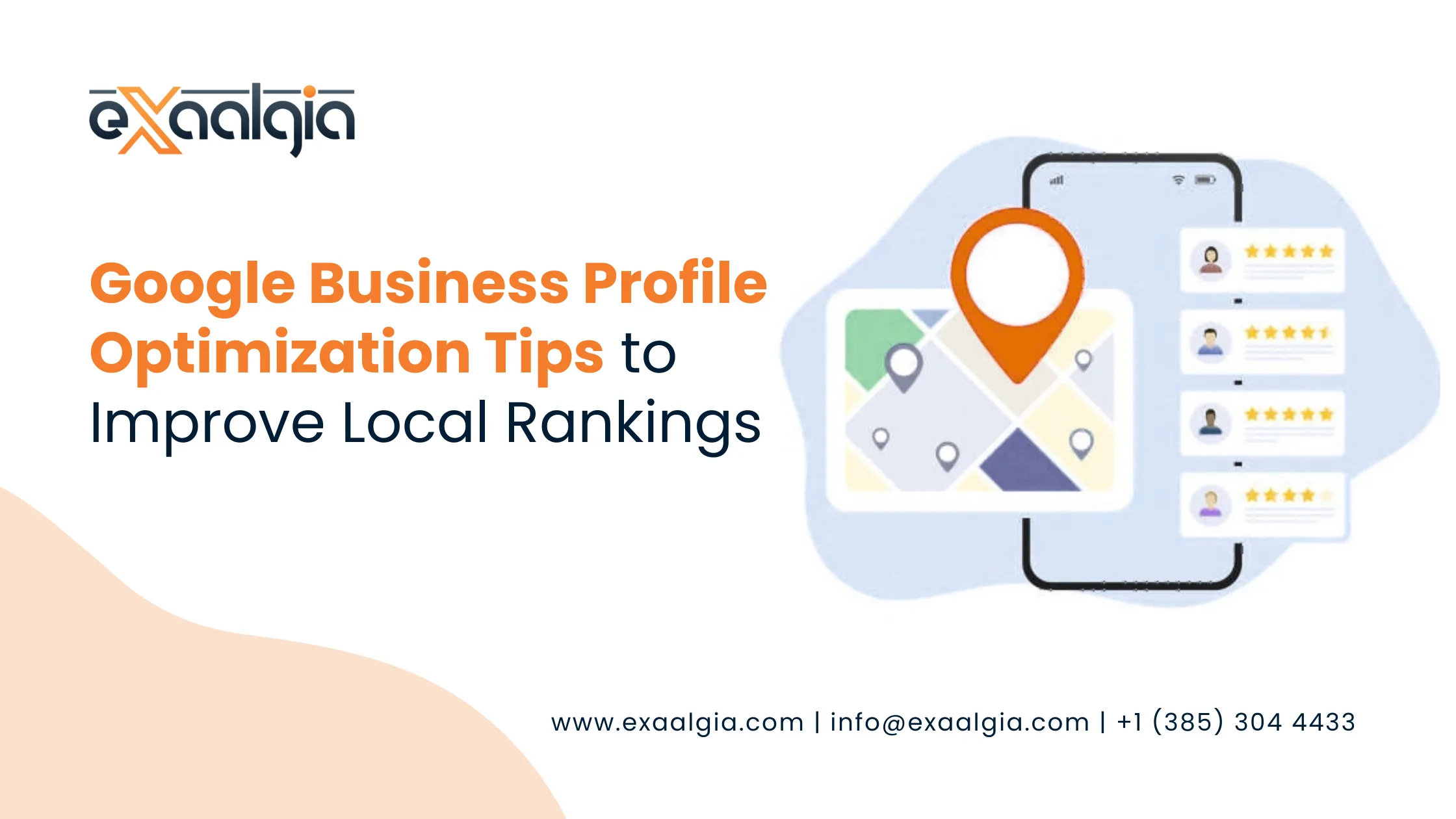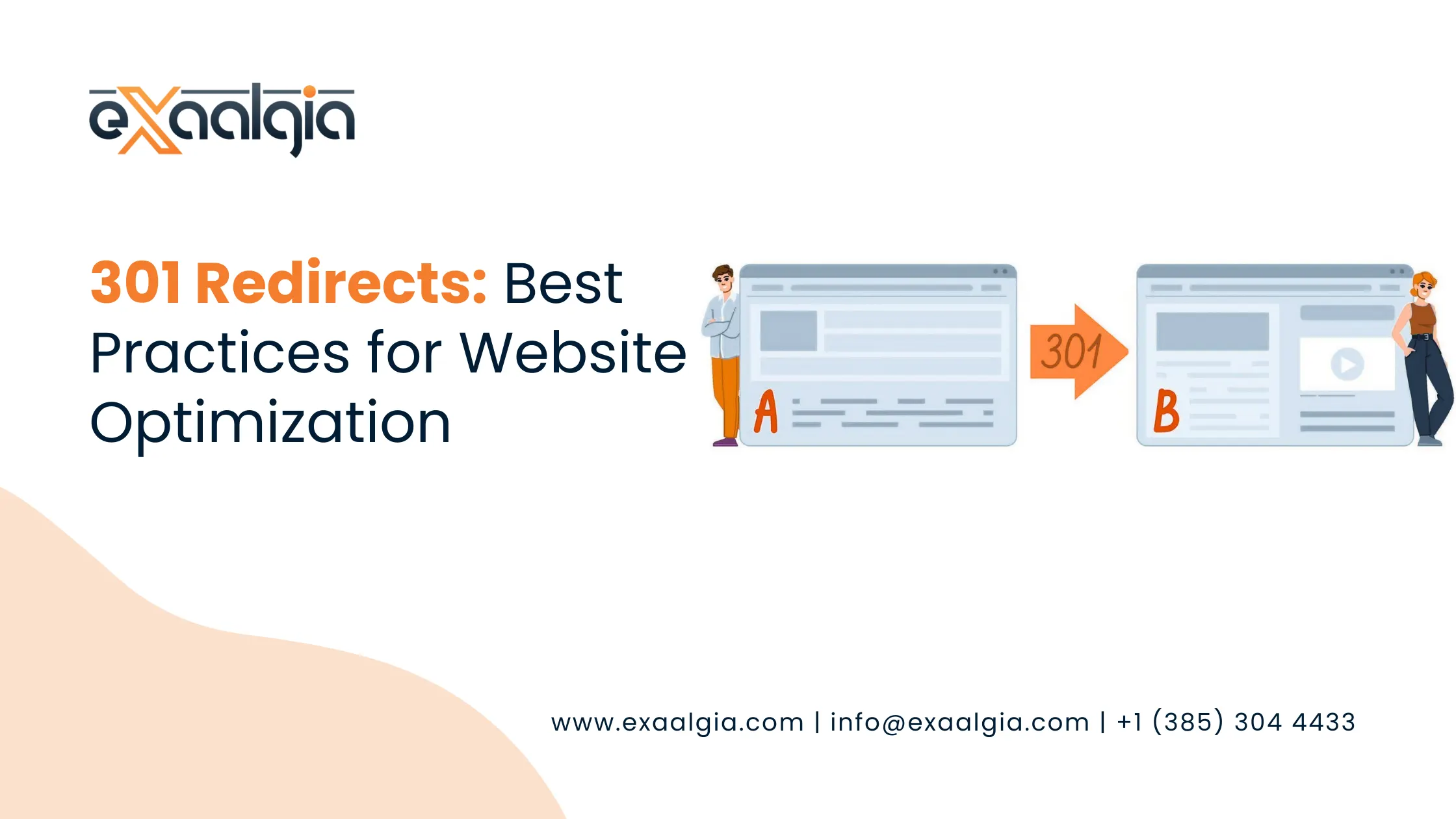What Are Keyword Match Types?
Keyword match types are part of the grand scheme of Google Ads. Suppose you could consider them as the VIPs from Google, who then decide whether your ad should be placed in front of specific searches or sit back quietly and let users scroll on by. As each match type is a different characteristic for your keywords, you’ll be choosing the right one for your ads to make them more relevant, efficient, and cost-effective.
Here’s the lineup:
Broad Match
Imagine your keywords on a megaphone, yelling into the abyss to anybody who may be vaguely interested. Broad match automatically triggers adverts for all actual search variations, synonyms, and related terms. It’s like hoping for the best while casting a wide net.
Phrase Match
Match This type wants it close to home. With phrase match, your ad displays when the search term contains your keyword phrase with the words in the exact same order, even if there is something added before or after. It’s specific but not too particular.
Exact Match
Now the snob of the group-this match type will display your ad only when someone types in your keyword phrase exactly or something very close to it. Exact match is the friend who just wants to hang out with the people who have opinions that are just like theirs, but hey-it works.
Negative Match
Think of this as a bouncer for the door. It is there to keep unwanted ads from appearing in searches you might not like seeing. They keep irrelevant clicks that are sucking the life out of your ad spend.
Each type of keyword match has its own charm and use. The best choice is not about loyalty to one type but knowing which one to call when it is most needed.
Why Keyword Match Types Matter
The exercise of learning keyword match types can easily seem like a farce, but it’s the linchpin to achieving success with Google Ads. Here’s why learning these match types really makes all the difference in your campaigns-and maybe in your sanity as well:
Relevance is Everything:
The more highly relevant searches in which your ad appears, the higher your click-through and conversion potential. Landing on the keyword match types really helps you zero in on those searches and create a more meaningful connection with potential customers.
Efficiency Saves Dollars:
You’d know your match types to avoid throwing money at irrelevant clicks. Now imagine shelling out money to click on people who don’t care about your products or services—match types save you from that. That is just sensible budgeting like a smart shopper does.
Conversion Magnet:
The right match type attracts the right user who is likely to convert. So if you are selling running shoes you do not want to pay for clicks of people looking for stiletto heels. Keyword match types enable you to target the ads to those who may have a real interest, thereby increasing chances of conversion.
In short, match types are like a GPS for your ad dollars. It guides them in the right direction, rather than letting them wander around aimlessly.
Examples of Keyword Match Types
To further demonstrate these match types in action, here’s a little exercise in imagination:
Broad Match:
Let’s say your keyword is “pizza delivery.” With broad match, your ad might appear for searches like “Italian food near me,” “late-night eats,” or even “fast food.” It’s casting a really wide net. You’d get someone looking for Chinese takeout.
Phrase Match:
In phrase match, using the term “gluten-free pizza,” your ad might appear for “best gluten-free pizza in town” or “order gluten-free pizza,” but not “pizza with no gluten toppings.”
Exact Match:
An exact match would require the user to enter something really similar, such as “gourmet pizzas” or “gourmet pizza” to search for an exact match of the term “gourmet pizza,” for example. That’s as specific as it gets, and no broader terms like “deluxe pizza” would be triggered.
Negative Match:
Alright, things just got a little specific. So let’s say you don’t want people to click when they are looking for “cheap pizza.” You are going to want to include the word “cheap” as a negative keyword so that those clicks don’t cost you a thing.
What are Keyword Match Types in SEO?
Although keyword match types exist solely in the Google AdWords world, the logic behind them extends to SEO as well. Many SEO professionals consider keyword match types when selecting phrases that will help a page rank organically. They might choose exact matches for very competitive terms and broader matches in order to cast a wider net.
For SEO, the concept is to try to fit your content with the search intent that lies behind relevant keywords. Really, you’re using keyword match types without really calling it that, working to match your content to the queries people are typing into search engines.
How do keyword match types impact your search ad results?
The right match type is just like the selection of the right spice for your dish—you can make everything right. A wrong match type could be too broad or too narrow, having a cost and conversion impact.
Broad Match: Depending on the set broad match, it may make the reach wider, but relevance will potentially be low. With a high number of impressions, the ad may not convert them because they were not significant ones.
Phrase Match: This ad stays relevant and a little flexible, balancing reach and precision together.
Exact Match: The most limiting, exact match reduces the scope of your focus to only extremely relevant traffic. It is usually associated with greater conversions but limits the volume of traffic.
Negative Match: Negative keywords are like some kind of filter. It prevents unwanted clicks and keeps your budget for higher-value searches.
Each match type can pivot your direction in Google Ads, determining whether you are opting for reach or precision depending on your campaign goals.
Keyword Match Types for Negative Keywords
Negative keywords is one of the best kept secrets by Google Ads. The negative keyword will prevent your ad from appearing in a specific term. This helps save budget and remain relevant.
Let’s see some examples to understand how negative keywords work:
You add “discount” or “cheap” as negative keywords if you sell high-end handbags, so that your ad does not appear while a bargain shopper is searching for those terms.
When you sell only through online channels adding “near me” or “store” into your negative keywords could keep those unwanted clicks out of your ad and people looking for a physical location from finding it.
Negative keywords help keep you on track and waste fewer clicks. This helps focus on interested customers.
FAQs – Keyword Match Types
Q1. Am I allowed to combine different match types in one campaign?
Yes. Combining different match types in the same campaign allows you to conduct and optimize those campaigns. For instance, including broad and exact match in the keywords mix can enable you to reach audiences with higher precision altogether without necessarily sacrificing accuracy.
Q2: Do negative keywords matter?
Totally. Negative keywords are great as they further help in internal restriction of your targeting so that no irrelevant clicks come along and you can control your ad budget much more effectively.
Q3: Is an exact match better than a phrase match?
All of it depends on your goals. If you are a perfectionist and are obsessed with precision, then exact match suits your goals flawlessly. And if you want to get a little bit of reach without losing relevance, though, phrase match will come in very handy.
Q4: Do I need to review my match types often?
Yes! Keep reviewing and tweaking your match types so it adapts to changes in search trends and capture opportunities for improvements in performance.
Q5: Can keyword match types have an impact on my SEO?
Yes. Knowing the types of matches, then some SEO strategies with keywords that reflect an ultimate user intent and relevance of content can be devised.
Keyword match types aren’t the most exciting things in the world, but they are the behind-the-scenes heroes of Google Ads. They define what your campaigns will show up for, whether or not they’re relevant, and how efficient they are as a whole. Knowing how to pick match types can really be a budget-saver, increase conversions, and ensure sanity. So whether you want to attract a crowd or connect with a few targeted interested parties, keyword match types are your best friends in the world of Google Ads.
Final thoughts
Are you ready to stop throwing your ad dollars into the digital void? At Exaalgia, our pay-per-click services ensure your Google Ads strategy is fine-tuned for real results. Think of us as the keyword match gurus, making sure your ads reach the right audience every time—whether it’s a broad crowd or a finely targeted niche. Don’t settle for paying for clicks that get you nowhere.
Partner with Exaalgia, and we’ll make sure your ad budget isn’t just waving in the wind but working hard to drive relevant, high-converting traffic. Get in touch today, and let’s make your ads smarter (and funnier)!







